EDITORIAL
Published on 28 Sep 2021
Editorial: Ruminant Grazing Behavior: A Tool to Improve Product Quality and Ecosystem Services
doi 10.3389/fvets.2021.744200
- 2,758 views
10k
Total downloads
68k
Total views and downloads
EDITORIAL
Published on 28 Sep 2021
ORIGINAL RESEARCH
Published on 08 Apr 2021

ORIGINAL RESEARCH
Published on 26 Mar 2021
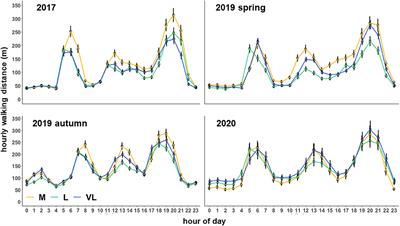
BRIEF RESEARCH REPORT
Published on 19 Feb 2021
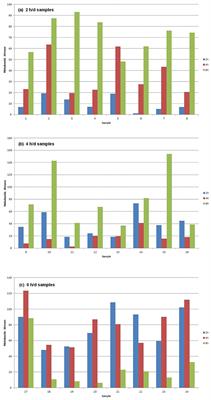
ORIGINAL RESEARCH
Published on 22 Jan 2021
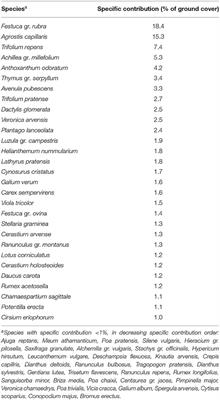
ORIGINAL RESEARCH
Published on 10 Dec 2020
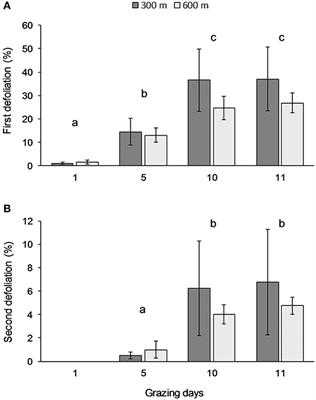
ORIGINAL RESEARCH
Published on 07 Dec 2020
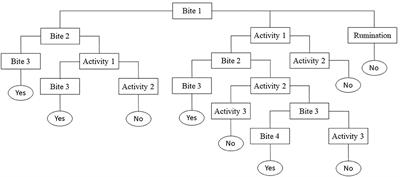
PERSPECTIVE
Published on 25 Nov 2020
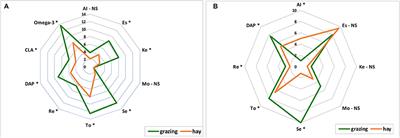
ORIGINAL RESEARCH
Published on 28 Oct 2020
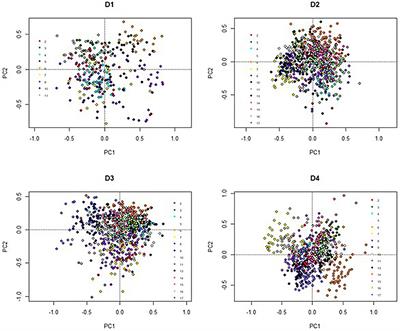
ORIGINAL RESEARCH
Published on 17 Sep 2020
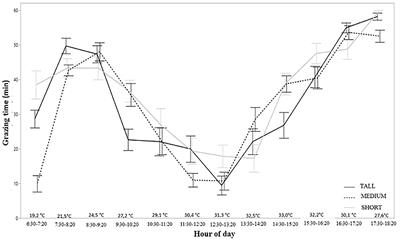
REVIEW
Published on 15 Sep 2020

ORIGINAL RESEARCH
Published on 14 Aug 2020
